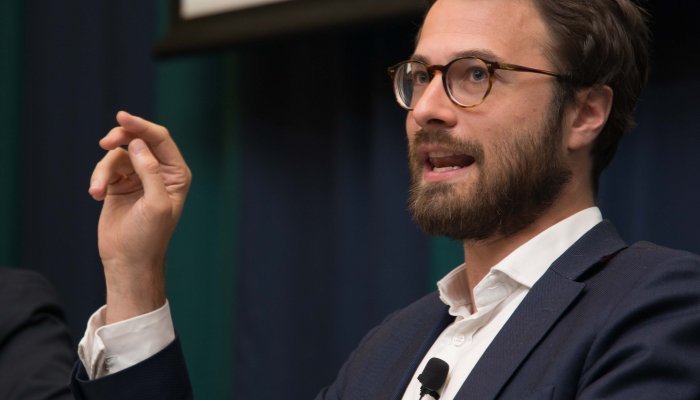The re-election of President Muhammadu Buhari as Nigeria’s leader represents a confirmation of the current status quo in the country. However, a second term in office could present a chance for Buhari to redeem himself and implement the economic reforms and anti-corruption measures promised during his first tenure, panellists at a recent forum hosted by the South Africa-Nigeria Business Chamber at GIBS argued.
Ibikunle Olatunji, tax lead for Africa at PwC and President of the South Africa Nigeria Business Chamber, told the forum that while there was very little to suggest there would be radical change under the new administration, Buhari’s re-election presented the opportunity for the president to surround himself with technocrats and prosecute some of the known corrupt figures to make a point.
CEO of Fros Capital, Francis Osuyah, explained Buhari was respected in the north and southwest of the country but had lost some support during the recent election, which had a record low turnout at just 35.6% of eligible voters, the lowest in Nigeria's 20-year history as a democracy.
Director of the Intelligence and Analysis team at africapractice, Roddy Barclay, said this indicated a “growing disengagement between the population as a whole and the government and what they see as the democratic process.” Taxes were an example of this: “There is no belief in the relationship between paying taxes and getting benefit from the government. We want to see populations strengthening their social contract with the government and holding them to account.”






